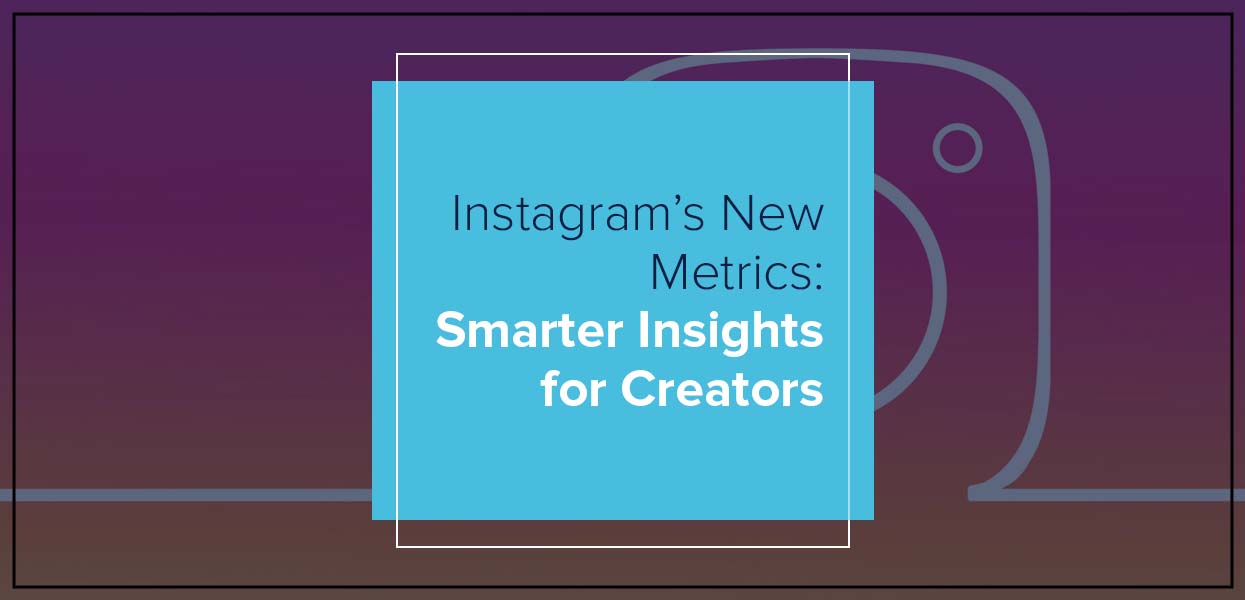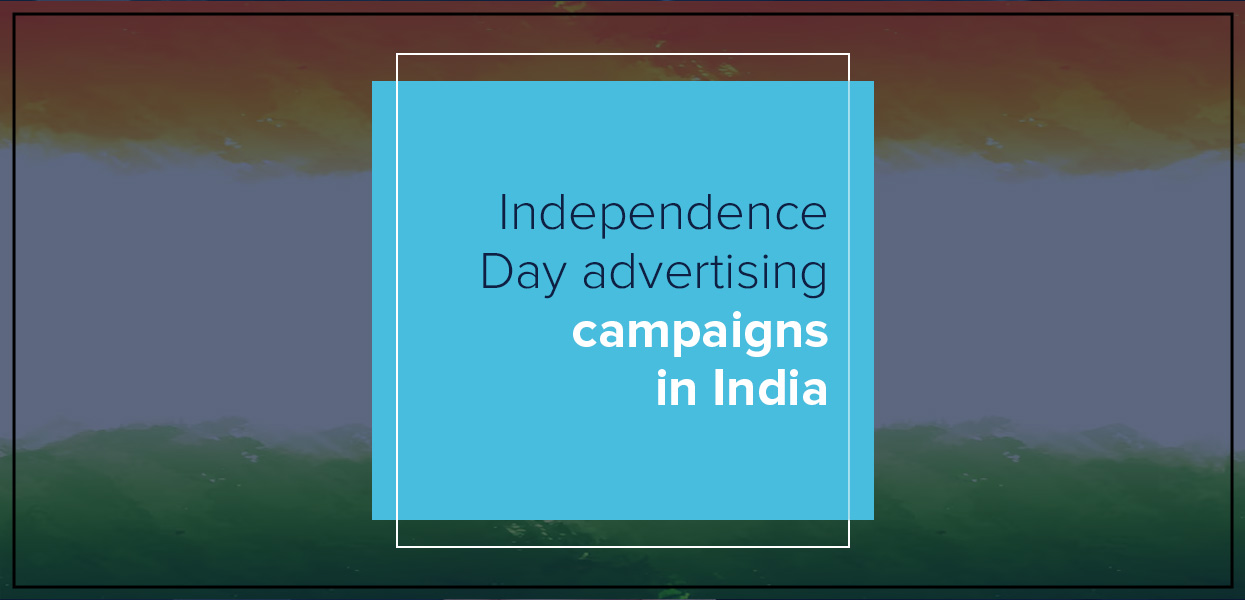The Release of Chat GPT: Its Growth & Relevance in 2024

The Journey of ChatGPT: Its Evolution & Impact in 2024
A Look Back and a Look Forward
ChatGPT, though not the only name in the game, has become synonymous with large language models (LLMs) capable of engaging in conversation. But when did this technology emerge and how has it grown and become relevant in such a short time? This blog delves into the history of ChatGPT, its evolution and its current impact on various fields.
Unveiling ChatGPT: A 2022 Debut
Contrary to popular belief, ChatGPT wasn't released in 2023 or earlier. It actually entered the scene much more recently, in late 2022. Developed by OpenAI, a research and development company focused on beneficial artificial intelligence (AI), ChatGPT quickly captured attention with its ability to generate realistic and coherent chat conversations.
OpenAI itself was founded in 2015 by prominent figures like Elon Musk and Sam Altman, with the goal of ensuring AI is developed and used responsibly. ChatGPT served as a significant milestone in their journey, showcasing the potential of LLMs for natural language processing (NLP) tasks.
Exponential Growth: From Curiosity to Capability
ChatGPT's initial release was limited, with access granted only to a select group. However, its capabilities sparked widespread interest. Here's how it achieved rapid growth:
Accessibility: OpenAI gradually opened access to ChatGPT, allowing more researchers and developers to experiment with its potential. This fostered a vibrant community exploring the LLM's capabilities for various applications.
Impressive Performance: Users were impressed by ChatGPT's ability to hold conversations that mimicked human interaction. It could answer questions in an informative way, generate different creative text formats and even translate languages. This versatility showcased the potential of LLMs beyond simple chatbots.
OpenAI API: OpenAI released an Application Programming Interface (API) for ChatGPT, allowing developers to integrate the LLM's functionality into their own projects. This further accelerated the exploration and utilization of ChatGPT's capabilities.
Relevance Across Industries: From Entertainment to Education
As access to ChatGPT expanded, its impact began to be felt across different industries:
Entertainment: ChatGPT fueled the rise of chatbots for customer service applications. It also found its way into interactive fiction, allowing users to influence the story's narrative through text prompts.
Education: Educators started exploring ChatGPT's potential to personalize learning experiences. The LLM could offer individualized feedback on writing assignments and practice conversations in foreign languages.
Content Creation: ChatGPT became a tool for generating different creative text formats, such as poems, scripts and marketing copy. While not a replacement for human creativity, it provided a starting point or inspiration for content development.
Customer Service: ChatGPT's ability to understand and respond to natural language queries made it valuable for customer service chatbots. Businesses could offer 24/7 support and answer basic customer inquiries efficiently.
However, the rise of ChatGPT also came with concerns. Issues like potential bias in its outputs, the spread of misinformation and the ethical implications of AI-generated content were raised. OpenAI addressed these concerns by emphasizing responsible development practices and creating tools to mitigate bias.
The Present and Beyond: The Evolving Landscape
Today, ChatGPT remains a significant player in the LLM landscape. However, the field is constantly evolving. Here's what we can expect in the future:
Continued Development: OpenAI is likely to continue refining ChatGPT and develop even more advanced LLMs. These advancements could lead to even more natural and sophisticated conversations and a wider range of applications.
Focus on Control and Safety: As LLMs become more powerful, the need for robust safety measures and control mechanisms will grow. OpenAI and other developers will focus on ensuring ethical usage and mitigating potential risks.
Integration with Other Technologies: We can expect to see LLMs like ChatGPT integrated with other technologies like computer vision and robotics. This convergence will lead to even more powerful and versatile AI systems.
Conclusion: A Stepping Stone in the AI Journey
ChatGPT's release in late 2022 marked a significant turning point in the development of LLMs. Its ability to engage in natural conversation and generate creative text formats has had a profound impact on various fields. While concerns exist, the responsible development and use of ChatGPT hold tremendous promise for the future. As the technology continues to evolve, we can expect even more exciting and transformative applications to emerge.
Discover the journey of ChatGPT and satisfy all your queries with Uniworld Studios. Connect with our digital marketing team for expert insights on content generation, marketing, and more!
Categories
- Digital Marketing
- Website Development
- Graphic Design
- Content Writing
Latest Posts
-
- Essential Marketing & Advertising Keywords 2025



